Home>Articles>How Long Does Watermelon Last In The Refrigerator
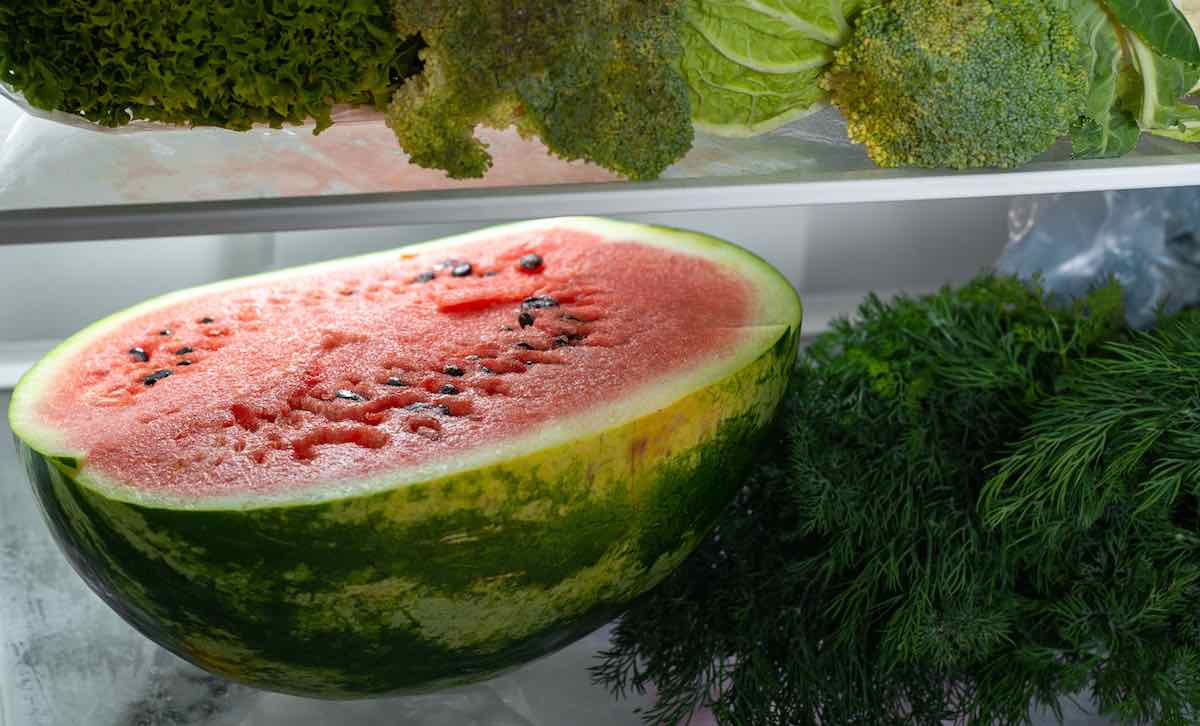

Articles
How Long Does Watermelon Last In The Refrigerator
Modified: August 27, 2024
Discover the useful tips and guidelines for storing watermelon in the refrigerator. Find out how long watermelon can last and keep it fresh with our informative articles.
(Many of the links in this article redirect to a specific reviewed product. Your purchase of these products through affiliate links helps to generate commission for Storables.com, at no extra cost. Learn more)
Introduction
Watermelon is a refreshing and delicious fruit that is synonymous with summertime. Its juicy, sweet flesh and high water content make it a popular choice to beat the heat and quench thirst. However, like any perishable fruit, watermelon has a limited shelf life. It is important to understand how to store watermelon properly to maximize its lifespan and enjoy its taste for as long as possible.
In this article, we will explore the various factors that can affect the shelf life of watermelon, discuss the proper storage techniques, and answer the question: How long does watermelon last in the refrigerator?
Factors Affecting Watermelon Shelf Life:
Several factors can influence how long watermelon can stay fresh before it starts to spoil. Understanding these factors will help you make informed decisions when it comes to storing your watermelon:
- 1. Ripeness: The level of ripeness at the time of purchase plays a significant role in how long the watermelon will last. Overripe watermelons will spoil faster.
- 2. Temperature: Watermelon is a fruit that is sensitive to temperature changes. Extreme heat or cold can accelerate the spoilage process.
- 3. Handling: Proper handling and avoiding damage to the watermelon’s skin will help extend its shelf life.
- 4. Exposure to air: Cutting into a watermelon exposes the flesh to air and increases the risk of spoilage.
Proper Storage of Watermelon:
To maximize the shelf life of watermelon, it is crucial to store it correctly. Here are some guidelines to follow:
- 1. Uncut watermelon: If the watermelon is uncut, it can be stored at room temperature for a few days. Keep it in a cool, dry place away from direct sunlight.
- 2. Refrigeration: Once the watermelon is cut, it is best to store it in the refrigerator to slow down the spoilage process. Wrap the cut side tightly with plastic wrap or place it in an airtight container to prevent moisture loss.
- 3. Chilled watermelon: For a refreshing treat, you can chill the watermelon in the refrigerator before serving. Cut into slices or cubes and store in a covered container.
How Long Does Watermelon Last In the Refrigerator?
Key Takeaways:
- Proper storage is crucial to extend watermelon’s shelf life. Refrigerate cut watermelon, minimize air exposure, and consume within 4-5 days for optimal freshness and taste.
- Identifying signs of spoiled watermelon is essential for safety. Look for mold, off-putting odor, discolored flesh, unusual texture, and off taste to determine spoilage.
Read more: How Long Does A Refrigerator Last
Factors Affecting Watermelon Shelf Life
When it comes to the shelf life of watermelon, several factors come into play. Understanding these factors will help you make better decisions regarding storage and consumption. Let’s take a closer look at each of these factors:
- Ripeness: The ripeness of the watermelon at the time of purchase is a crucial factor in determining its shelf life. A watermelon that is too ripe may already show signs of spoilage and won’t last as long. On the other hand, an unripe watermelon will need time to ripen properly and may not have the best taste. It is essential to choose a watermelon that is at the optimal ripeness for your preference, ensuring a longer shelf life.
- Temperature: Like many fruits, watermelon is sensitive to temperature changes. Extreme heat can accelerate the spoilage process, while cold temperatures can affect the fruit’s texture and flavor. It is important to store watermelon at the appropriate temperature to maintain its freshness. Room temperature storage is suitable for uncut watermelon, while refrigeration is recommended for cut watermelon to slow down the spoilage process.
- Handling: The way watermelon is handled can greatly impact its shelf life. Rough handling can cause bruising or damage to the fruit’s skin, making it more susceptible to spoilage. When purchasing a watermelon, look for ones with intact skins and avoid any that have obvious bruising or soft spots. Additionally, be gentle when moving or storing watermelon to minimize any physical damage.
- Exposure to air: When a watermelon is cut open, its flesh comes into contact with air, which can accelerate the spoilage process. This is because exposure to air promotes the growth of bacteria and mold. To extend the shelf life of cut watermelon, it is essential to minimize its exposure to air. Wrap the cut side tightly with plastic wrap or place it in an airtight container. This will help maintain the fruit’s freshness and prevent moisture loss.
By taking into account these factors, you can make the necessary adjustments to ensure that your watermelon lasts as long as possible.
Proper Storage of Watermelon
Proper storage is key to maximizing the shelf life of watermelon and preserving its taste and texture. Whether the watermelon is whole or cut, following the right storage practices will help you enjoy it for longer. Here are some guidelines to ensure proper storage:
- Uncut watermelon: If you have a whole, uncut watermelon, it is best to store it at room temperature. Choose a cool spot in your kitchen or pantry away from direct sunlight. Make sure the watermelon is not placed near any heat sources, such as stoves or ovens, as this can lead to premature ripening and spoilage. It is important to note that uncut watermelon can last for a few days at room temperature, but the exact duration may vary depending on factors like ripeness and temperature.
- Refrigeration: Once you have cut into the watermelon, it is crucial to store it in the refrigerator to extend its shelf life. Place the cut side down on a clean plate or wrap it tightly with plastic wrap. Alternatively, you can transfer the cut watermelon into an airtight container. This helps prevent moisture loss and slows down the spoilage process. Refrigerated, cut watermelon can stay fresh for up to 4-5 days. However, it is important to note that the texture and flavor of the fruit may gradually deteriorate the longer it is stored.
- Chilled watermelon: If you prefer your watermelon to be chilled, you can refrigerate it before serving. Simply cut the watermelon into slices or cubes and store them in a covered container. This not only keeps the fruit cool but also adds a refreshing touch to your watermelon experience. Chilled watermelon is perfect for hot summer days or as a healthy snack option.
Remember, proper storage practices play a significant role in maintaining the quality and freshness of watermelon. By following these guidelines, you can enjoy your watermelon for longer periods and avoid unnecessary spoilage.
How Long Does Watermelon Last In the Refrigerator?
Once you’ve cut into a watermelon and stored it in the refrigerator, you may wonder how long it will last before it starts to spoil. The shelf life of refrigerated watermelon can vary depending on various factors, such as its initial freshness, storage conditions, and how well it is protected from moisture loss. Generally, cut watermelon can last for about 4-5 days in the refrigerator.
It is important to note that the quality of the watermelon may gradually deteriorate the longer it is stored. The texture may become softer, and the flavor can diminish over time. Therefore, it is recommended to consume the refrigerated watermelon within the first few days to enjoy its optimal taste and freshness.
Factors such as the ripeness of the watermelon at the time of cutting, proper storage techniques, and the overall quality of the fruit can also influence its shelf life in the refrigerator. To ensure the longest possible shelf life, it is crucial to store the cut watermelon in an airtight container or wrap it tightly with plastic wrap. This helps minimize moisture loss and reduces exposure to air and contaminants.
If you notice any signs of spoilage, such as a moldy odor, slimy texture, or discolored flesh, it’s best to discard the watermelon to avoid any potential health risks.
It is worth mentioning that uncut watermelon typically has a longer shelf life than cut watermelon. It can last for a few days at room temperature, depending on its ripeness and storage conditions. However, once the watermelon is cut, refrigeration is necessary to slow down the spoiling process.
To best preserve the quality and taste of watermelon, it is recommended to buy or harvest it when it is ripe but not overripe. Proper storage techniques, such as refrigeration and minimizing exposure to air, can help extend its shelf life. However, it is always advisable to consume watermelon within a few days of cutting it to ensure the best eating experience.
Watermelon can last in the refrigerator for about 7-10 days. To extend its shelf life, store it in an airtight container or wrap it in plastic wrap to prevent it from absorbing other odors in the fridge.
Signs of Spoiled Watermelon
It is essential to be able to identify the signs of a spoiled watermelon to prevent consuming it and risking potential health issues. Here are the key indicators that your watermelon has gone bad:
- Mold or mildew: If you notice any visible mold or mildew growth on the surface of the watermelon, it is a clear indication that it has spoiled. Do not consume the fruit if you spot any signs of mold, as it can potentially cause illness.
- Unpleasant odor: A spoiled watermelon may have a strong, off-putting odor. If the watermelon emits a foul smell, reminiscent of fermentation or decay, it is best to discard it.
- Discolored flesh: Fresh watermelon typically has vibrant, juicy-looking flesh. If the flesh of the watermelon appears dull, discolored, or has turned a mushy texture, it is a clear sign of spoilage. Avoid consuming watermelon that has non-characteristic colors or textures.
- Unusual texture: Spoiled watermelon can have a slimy or overly soft texture. If the texture feels slimy or mushy when you press it lightly with your finger, it is a strong indication of spoilage.
- Off taste: While taste can vary depending on personal preference, a spoiled watermelon may have an unpleasant or off taste. If the watermelon tastes strange, fermented, or has an overly sour or bitter flavor, it is best to discard it.
If you observe any of these signs, it is crucial to refrain from consuming the watermelon. Consuming spoiled watermelon can lead to gastrointestinal issues and other health problems. It is always better to err on the side of caution and discard any watermelon that shows signs of spoilage.
Remember to store your watermelon properly, promptly consume the cut watermelon, and inspect it carefully before consuming to ensure its freshness and safety.
Tips to Extend the Shelf Life of Watermelon
To enjoy the sweet and refreshing taste of watermelon for as long as possible, here are some helpful tips to extend its shelf life:
- Choose the right watermelon: Select a watermelon that is at its peak ripeness but not overripe. Look for a firm, symmetrical fruit that feels heavy for its size. Avoid ones with soft spots, bruising, or signs of damage.
- Store uncut watermelon properly: Keep whole, uncut watermelons in a cool, dry place away from direct sunlight. Room temperature is suitable for a few days, but for longer storage, refrigeration is required.
- Store cut watermelon in the refrigerator: Once the watermelon is cut, store it in an airtight container or wrap it tightly with plastic wrap. This helps retain moisture and prevent the fruit from absorbing any odors in the fridge.
- Minimize exposure to air: Cutting the watermelon exposes the flesh to air, which can expedite spoilage. To preserve its freshness as much as possible, store cut watermelon with the cut side down or tightly wrapped in plastic wrap to prevent moisture loss and reduce exposure to air.
- Separate cut watermelon from other produce: Watermelon releases ethylene gas, which can accelerate the ripening and spoilage of nearby fruits and vegetables. Keep cut watermelon separated from other produce to prevent unwanted effects.
- Consume cut watermelon promptly: While refrigeration can extend the shelf life of cut watermelon, it is still best to consume it within 4-5 days for optimal taste and freshness. If you’re unable to finish it within that time, consider freezing the excess to use in smoothies or as a refreshing frozen treat.
- Keep the watermelon cool: If you prefer chilled watermelon, place the cut slices or cubes in the refrigerator for a short period before serving. This can enhance the refreshing experience and ensure a delightful treat on a hot day.
By following these tips, you can extend the shelf life of your watermelon and enjoy its delicious flavor for longer. Remember to handle and store the fruit carefully, and always use your best judgment when determining its freshness.
Conclusion
Watermelon is a beloved fruit, especially during the hot summer months. To make the most of this juicy and refreshing fruit, it’s vital to understand how to properly store it and extend its shelf life. By considering factors such as ripeness, temperature, handling, and exposure to air, you can ensure that your watermelon stays fresh and delicious for longer.
When it comes to storing watermelon, keeping it at room temperature before cutting into it is ideal. Once the watermelon is cut, it should be stored in the refrigerator to slow down the spoilage process. Wrapping the cut side tightly with plastic wrap or using an airtight container helps preserve moisture and minimize exposure to air.
Understanding the signs of spoiled watermelon, such as mold or mildew, unpleasant odor, discolored flesh, unusual texture, and off taste, is crucial for determining if the fruit is still safe to consume. If you notice any of these signs, it’s best to discard the watermelon to avoid any potential health risks.
To maximize the shelf life of watermelon, choose a ripe but not overripe fruit, store it properly, minimize exposure to air, and consume cut watermelon within 4-5 days. Separating the cut watermelon from other produce and keeping it cool can further help to preserve its freshness and taste.
In conclusion, by following these storage and handling tips, you can ensure that your watermelon stays fresh, flavorful, and enjoyable for an extended period. So go ahead, savor the sweetness of watermelon, and make the most of this summertime treat!
Now that you've mastered keeping your watermelon fresh, why not broaden your horizons with other fruits? Our upcoming article on optimal fruit storage solutions offers a wealth of practical advice for ensuring all your favorite fruits stay delicious and longer-lasting. From berries to bananas, learn the secrets to maintaining peak freshness all year round.
Frequently Asked Questions about How Long Does Watermelon Last In The Refrigerator
Was this page helpful?
At Storables.com, we guarantee accurate and reliable information. Our content, validated by Expert Board Contributors, is crafted following stringent Editorial Policies. We're committed to providing you with well-researched, expert-backed insights for all your informational needs.
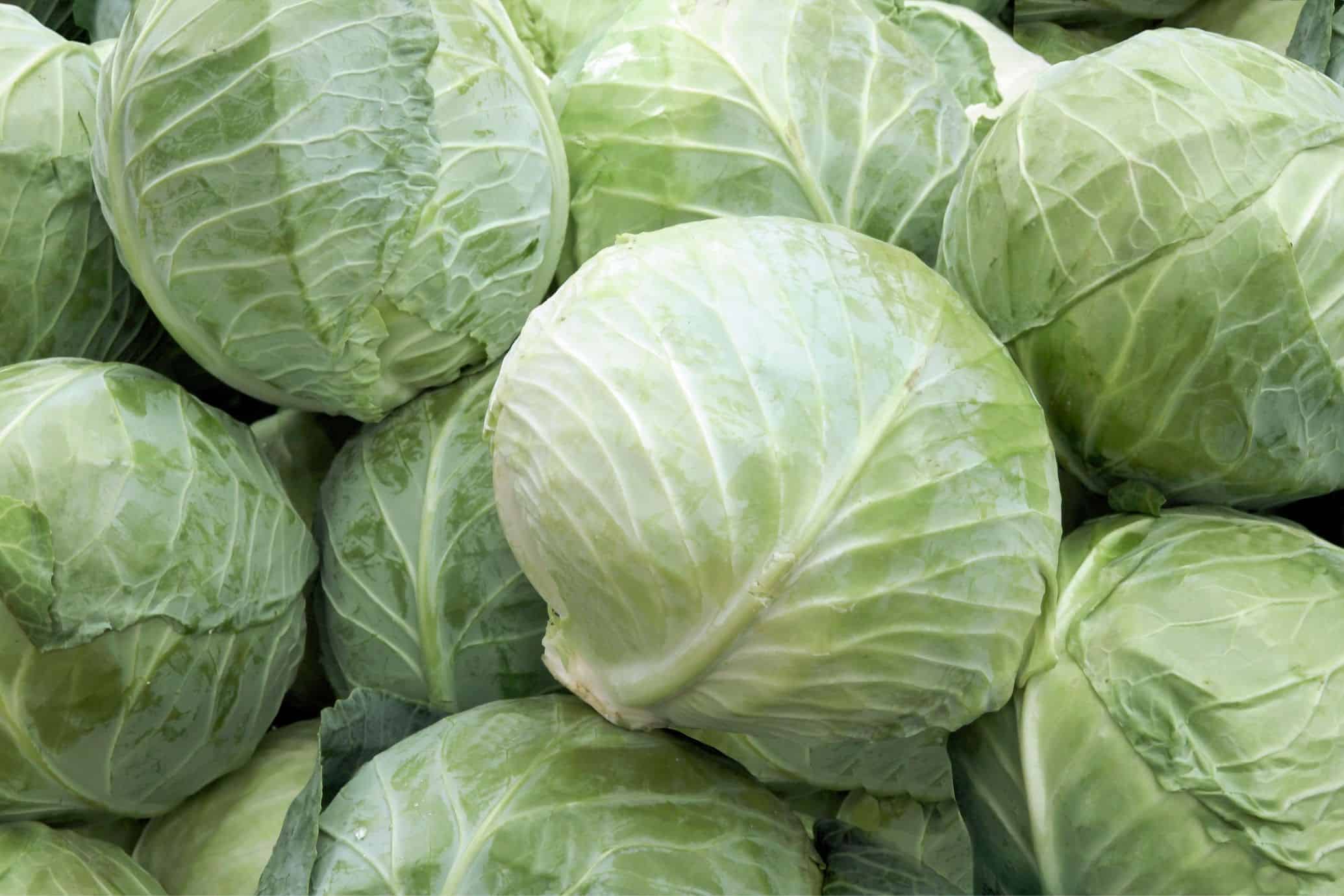
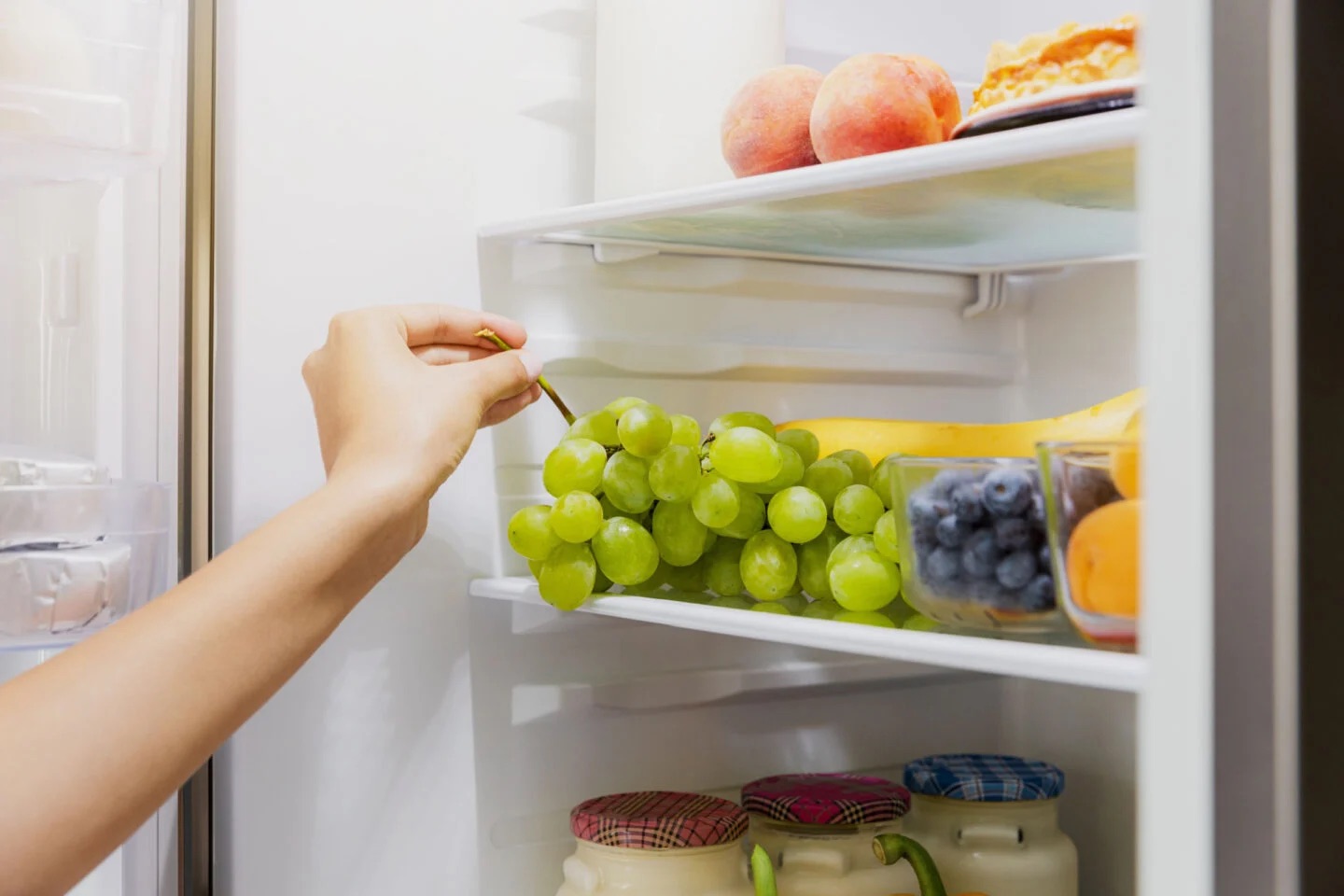

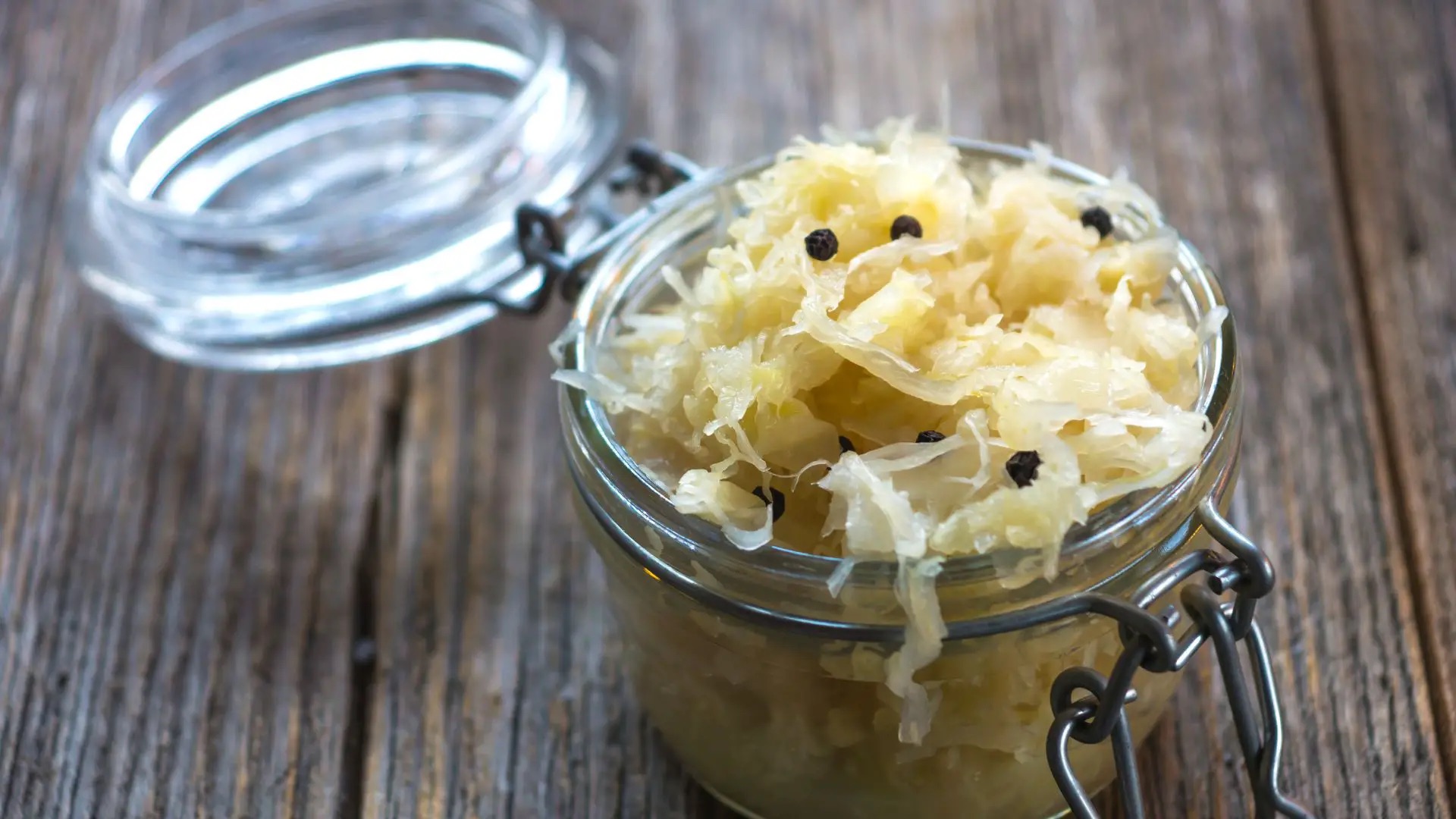
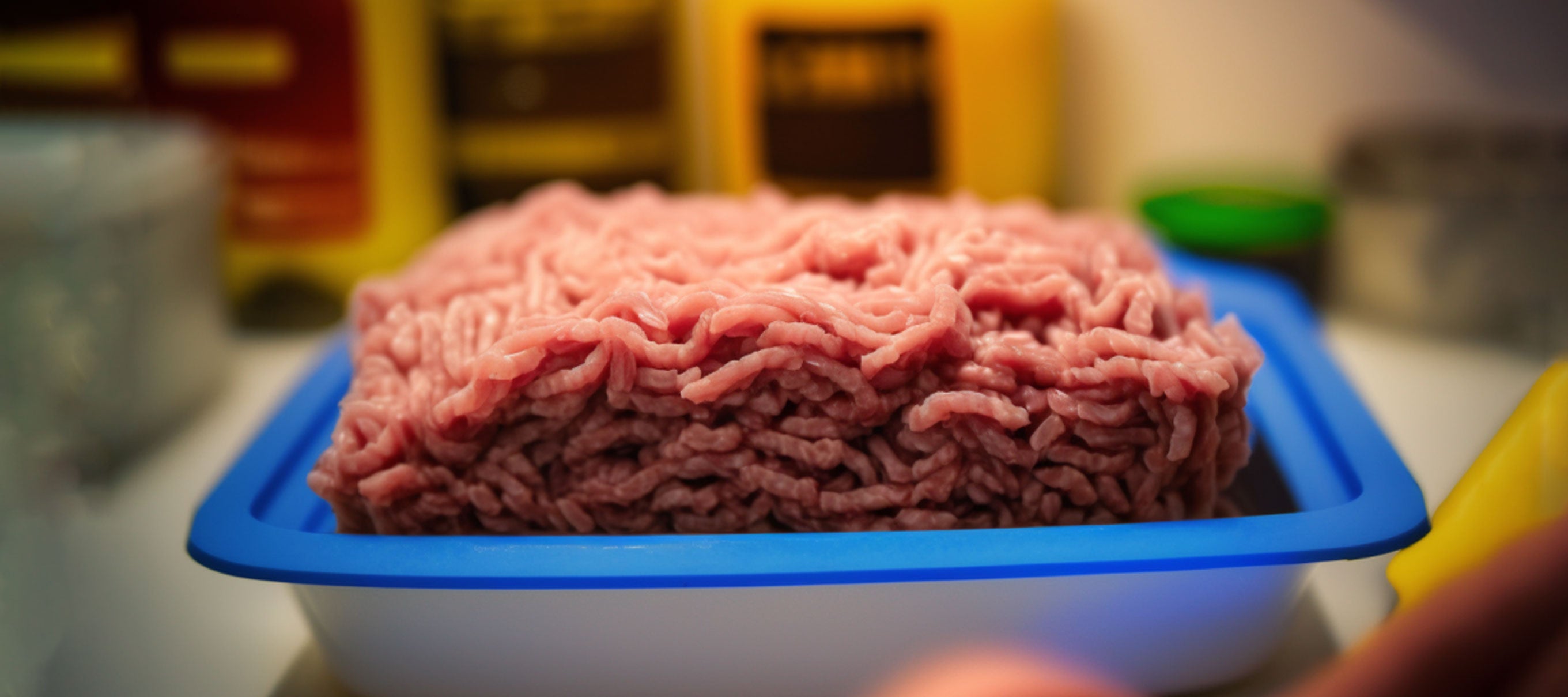
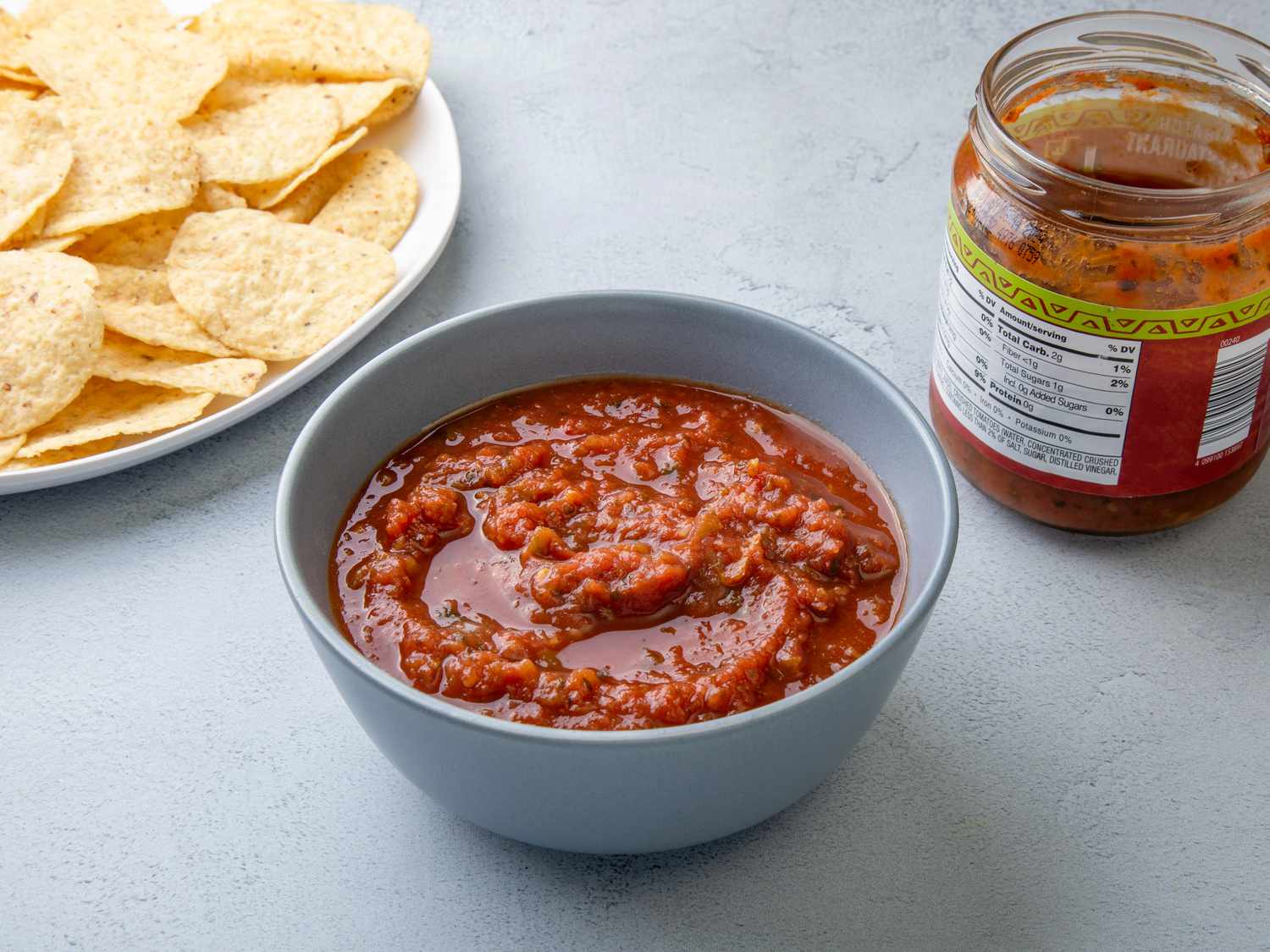
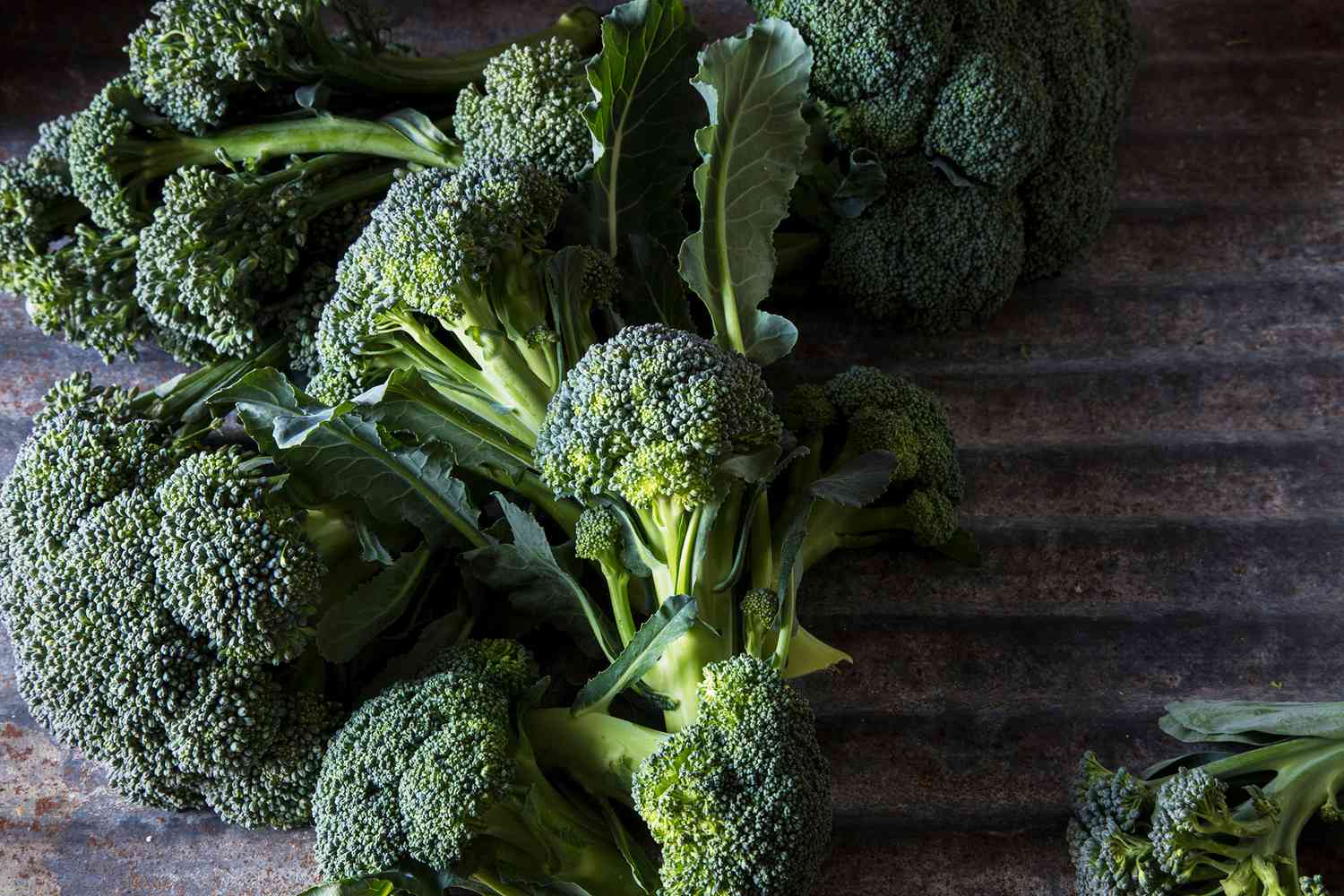
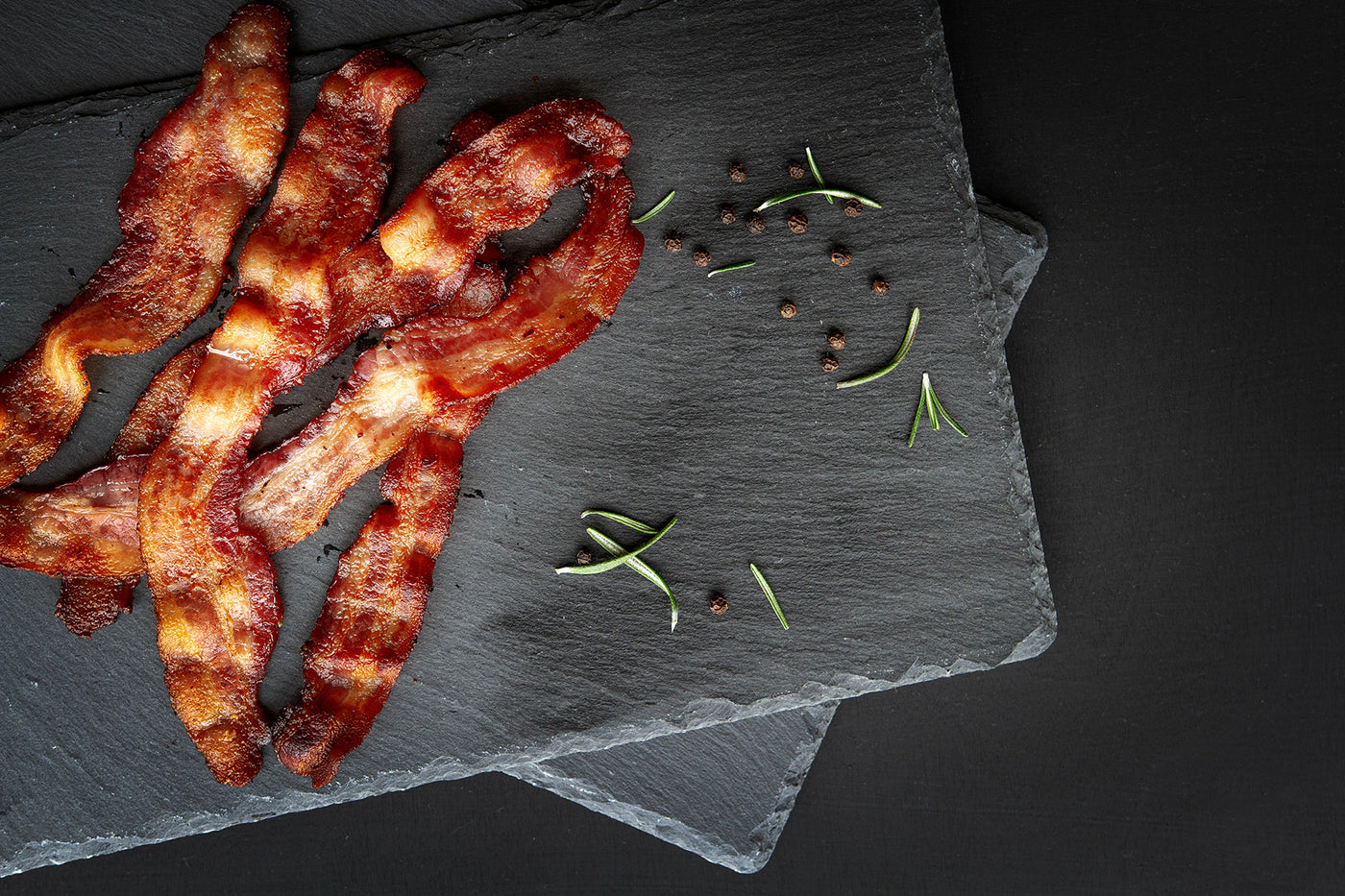
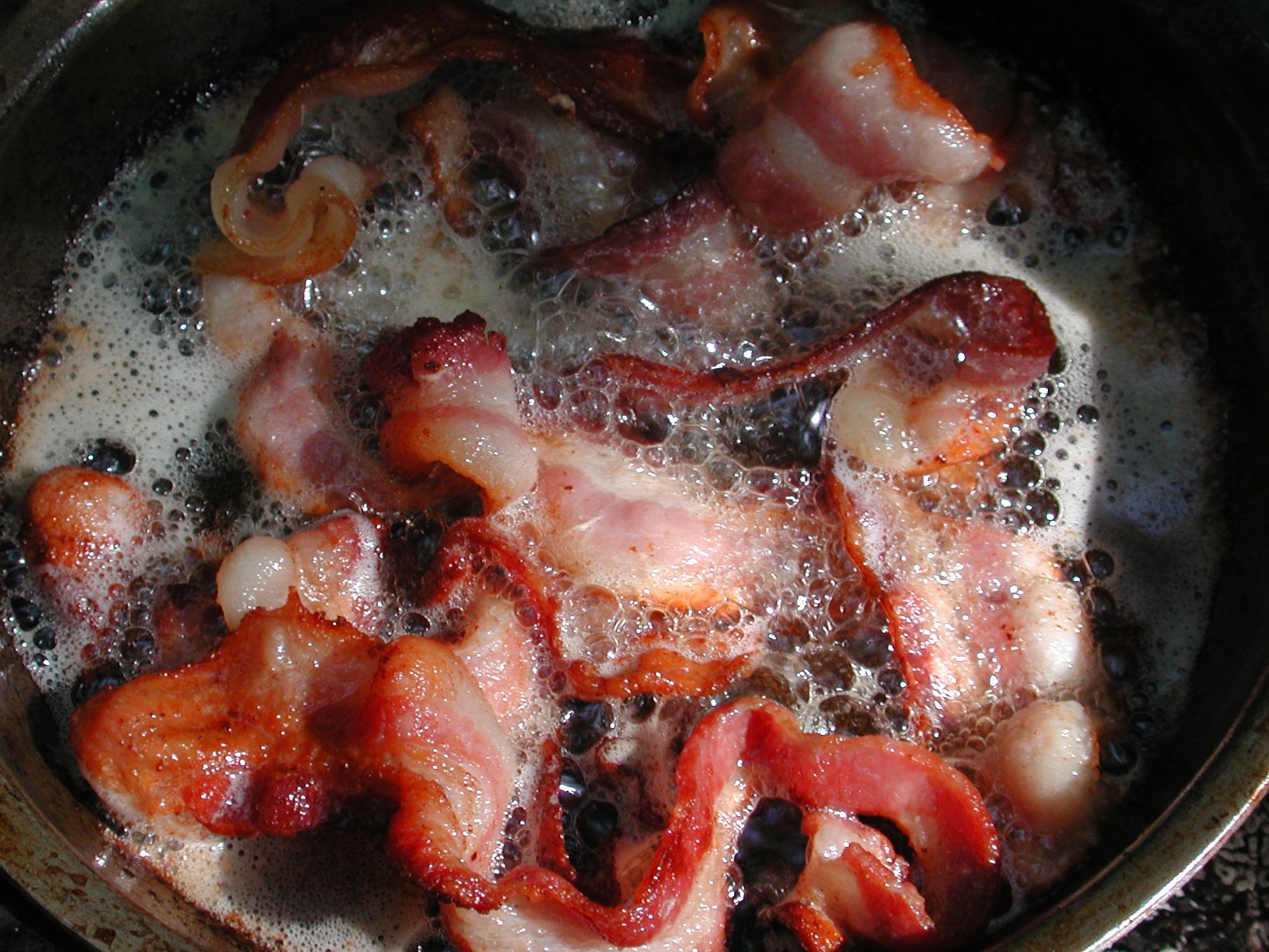
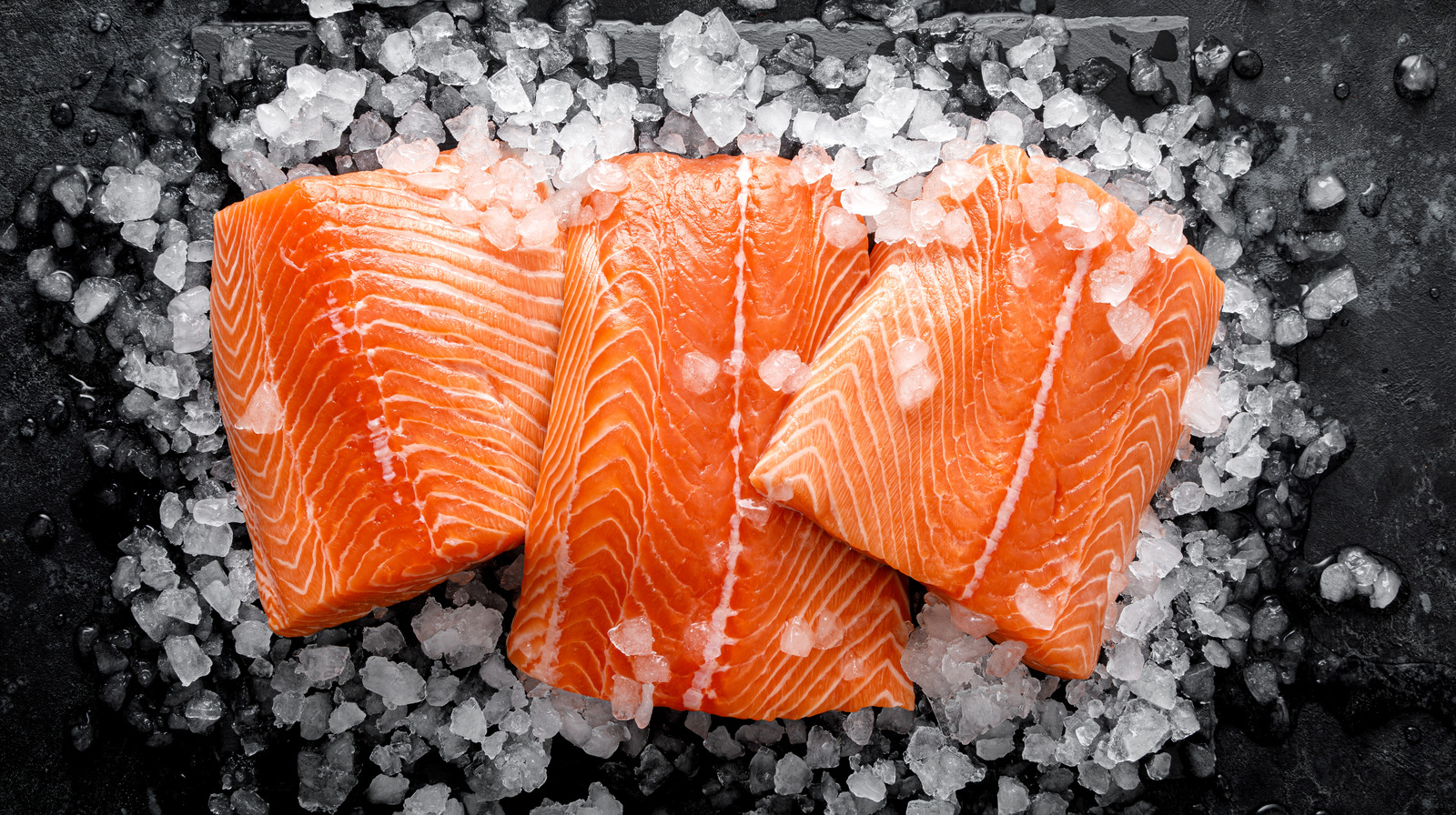

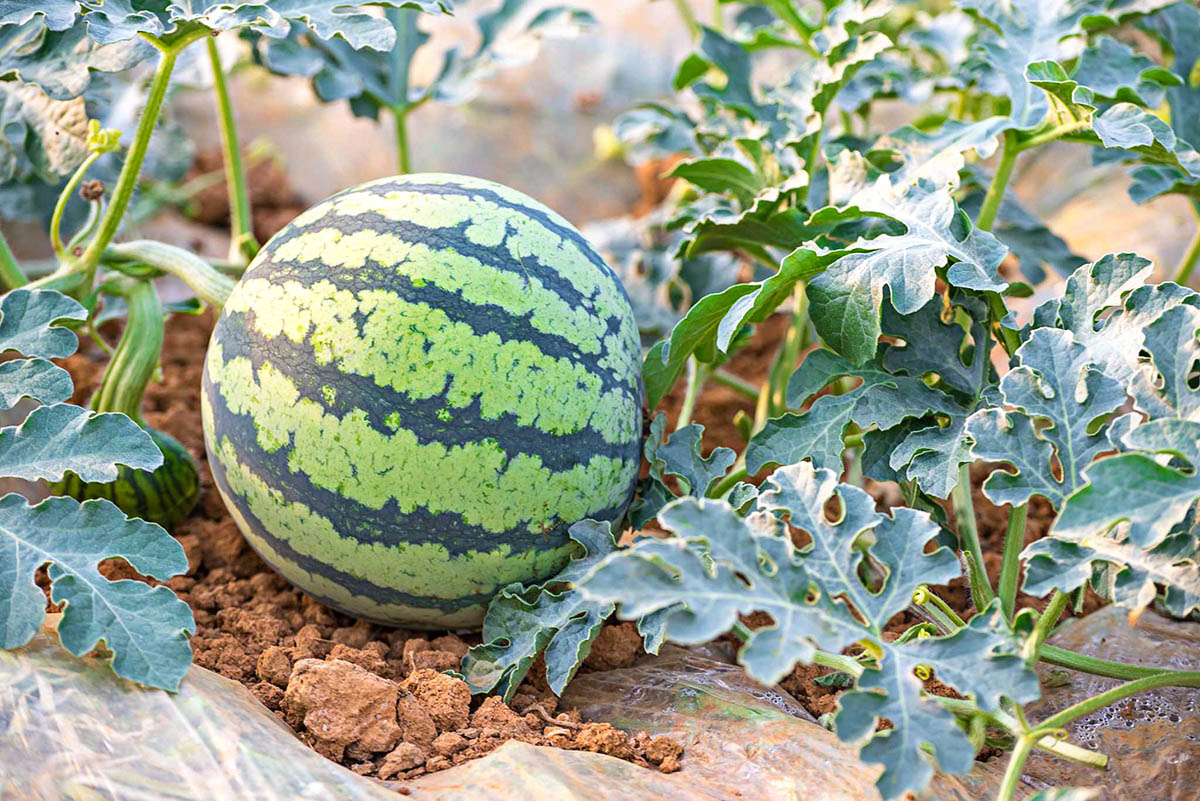



0 thoughts on “How Long Does Watermelon Last In The Refrigerator”